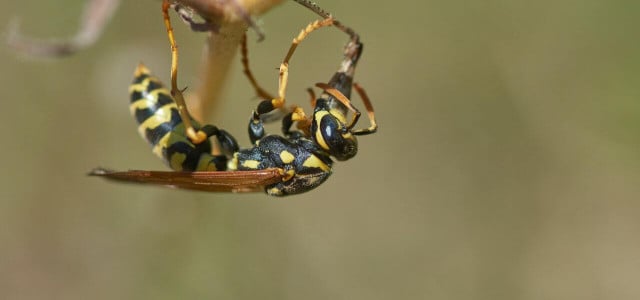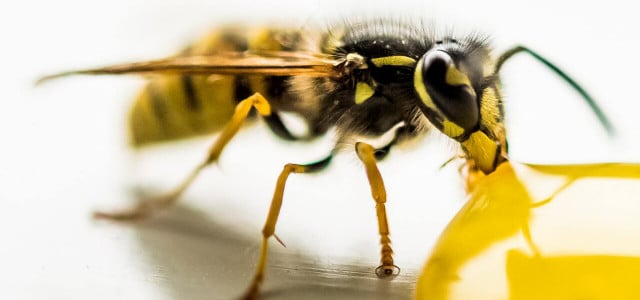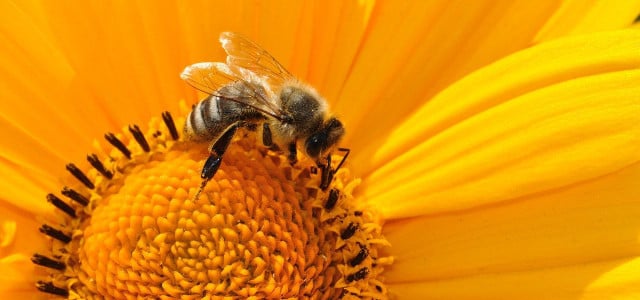What do wasps do for the environment? More than you think. Learn more about the integral role they play in ecosystems and why we need them.
Wasps are often seen as the bad guys, which is understandable based on their occasional aggression towards humans. If you’ve ever had them ruin a summer picnic, you may wish they just didn’t exist. However, they play an integral role in an ecosystem.
While you may want to know how to keep wasps away, you don’t actually want to kill them, as there are plenty of benefits to having them around. What do wasps do for the environment? We’ll take a closer look.
Types of Wasps
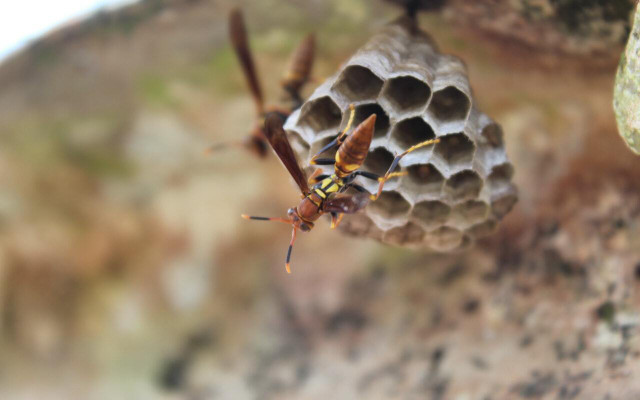


There are tens of thousands of wasp species worldwide. They each fall into one of two categories: social or solitary.
- Social wasps: Despite their name, these wasps do not necessarily live in huge communities. A typical wasp nest only contains about 1 dozen individuals, though larger ones can reach up to 10,000. Social wasps belong to the Vespidae family and include well-known species like yellow jackets and hornets.
- Solitary wasps: Most species of wasps are solitary, and most are predators. They’re generally parasitic and don’t build colonies like social wasps do.
The most common wasps species in the United States include yellow jackets, paper wasps, red wasps, mud daubers and ground wasps.
What Do Wasps Do For the Environment?
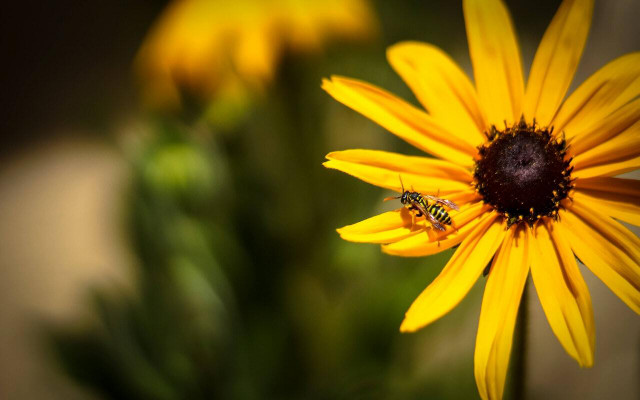


Wasps carry out many essential jobs in nature, known as ecosystem services. The most important of these services is pest control. Wasps are apex predators that hunt live prey like caterpillars, spiders, flies and other insects. The adult wasps hunt their prey and feed it to their young, which helps keep insect populations under control.
Another thing wasps do for the environment is pollinate. Although bees are better known for their pollinating abilities, wasps are more like accidental pollinators. While the adults hunt insects for their young, their primary food source is sugars from flower nectar. This means that they pollinate as they visit flowers, and luckily wasps are much less picky than bees in the flowers they visit.
In ecosystems where wasps are introduced, the environmental benefits can quickly become negative. In countries like New Zealand, the wasp population has upset the ecological balance in native ecosystems, and native birds are on the decline because wasps have been eating their primary food source.
What Would Happen if Wasps Disappeared?
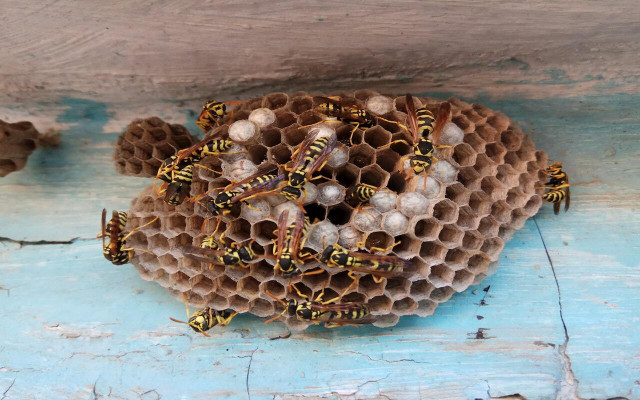


Much like if bees were to go extinct, if wasps disappeared, there would be terrible knock-on effects for the environment. Unfortunately, wasp populations are also declining. Without wasps, the volume of toxic pesticides needed to control crop-eating and disease-carrying insects would significantly increase.
If wasps disappear, we will also lose valuable pollinators for both city and farmland habitats, where there might not be enough of the right flowers for bees to thrive.
Read more:
- How to Make a Bird Box With Easy Customizations
- Are Bumble Bees Dangerous? Facts & Safety Tips
- The 12 Best Plants to Naturally Repel Mosquitoes
Do you like this post?






